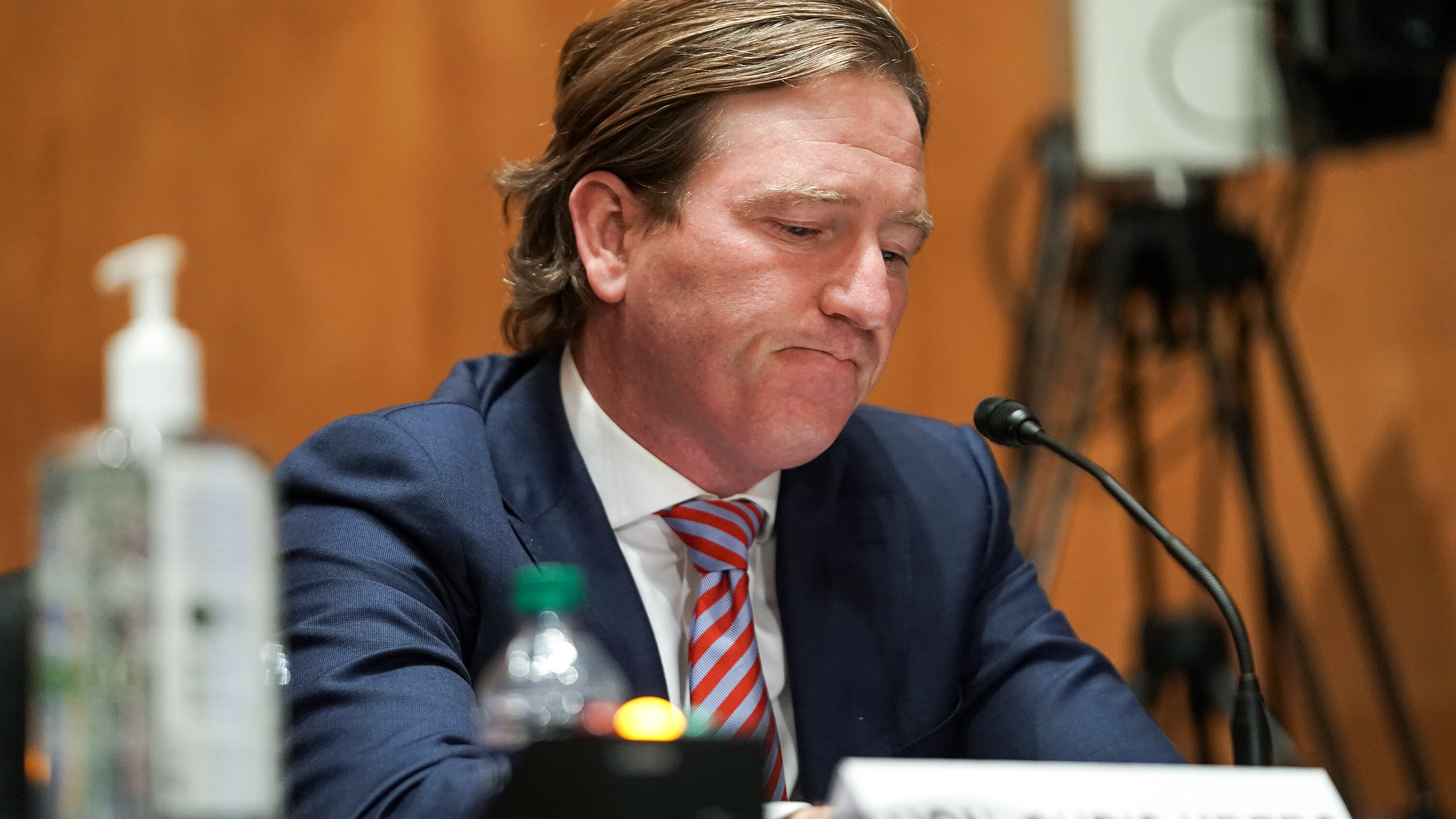Cybersecurity Chief in Crosshairs: Krebs Faces Probe After Election Security Clash

In a dramatic turn of events, the latest revelation emerged three weeks after President Trump launched a retaliatory investigation into Chris Krebs, the former agency leader, signaling a clear act of political vengeance. The move highlighted the escalating tensions between the outgoing administration and federal officials who challenged the president's claims about election integrity.
Krebs, who had been instrumental in defending the 2020 election's security, found himself at the center of a high-stakes confrontation after publicly contradicting the president's unsubstantiated allegations of widespread voter fraud. The Justice Department's investigation appeared to be a direct response to Krebs' unwavering stance and his commitment to providing accurate information about the election's legitimacy.
This unprecedented action underscored the growing divide between Trump and government officials who prioritized professional integrity over political loyalty, revealing the complex and often contentious dynamics of the final weeks of his presidential term.
